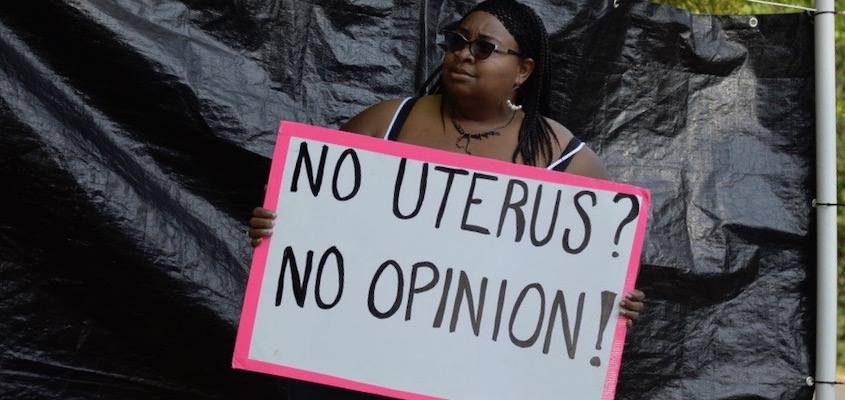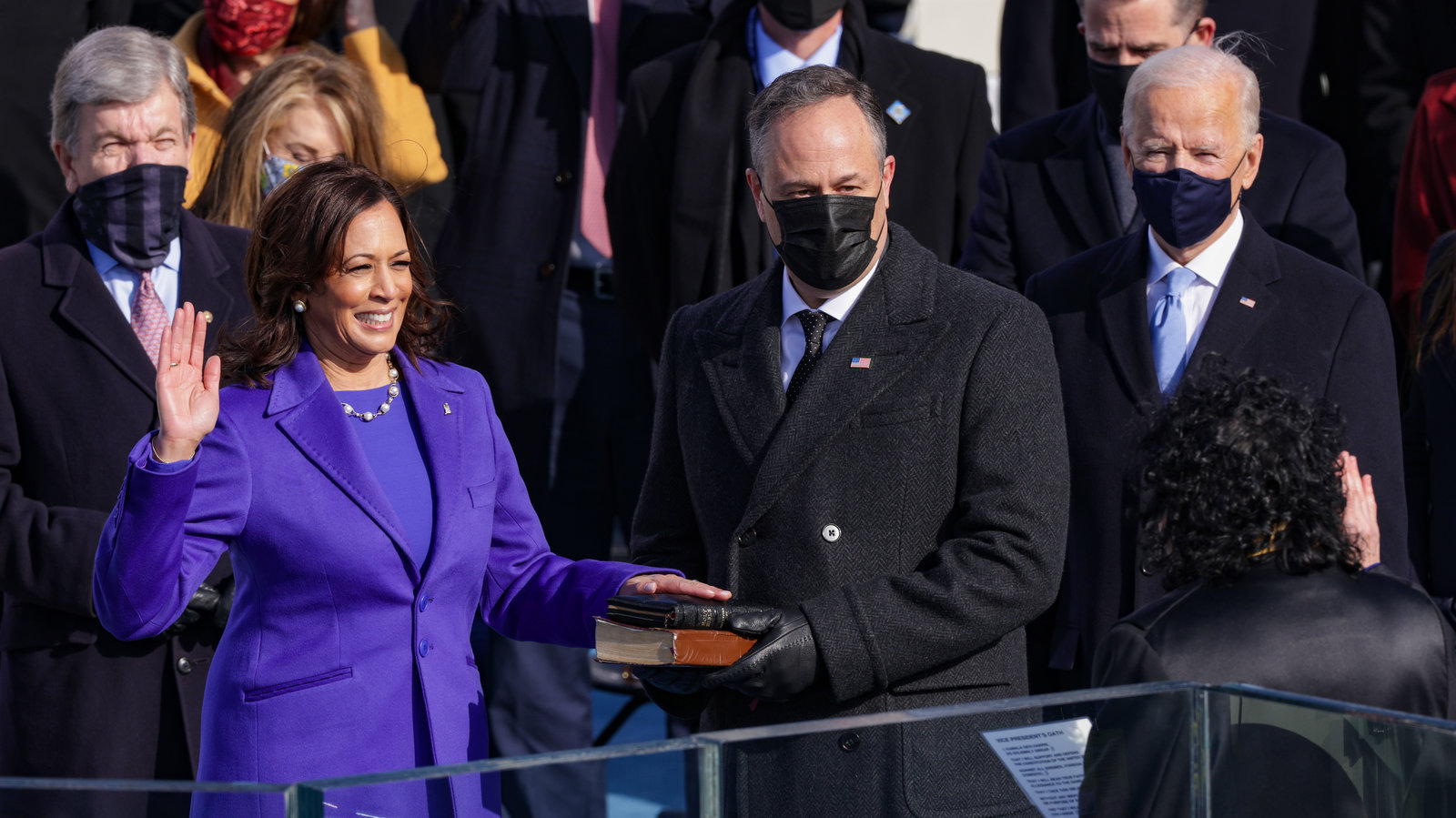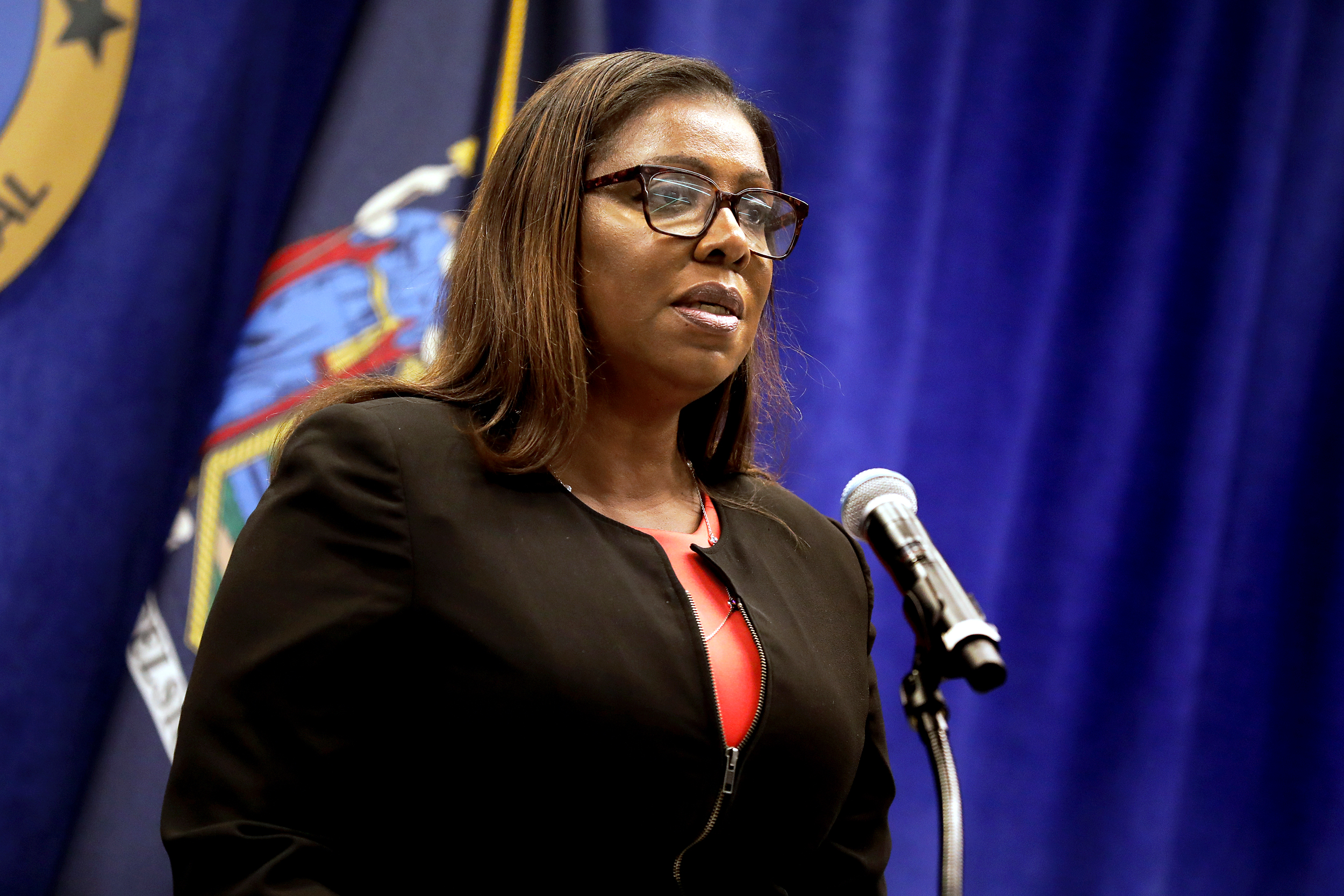
The U.S. Supreme Court’s decision in June Medical Services is just one stepping stone on a path toward reproductive, social, socio-economic, and racial equality, writes Nia Weeks, founder of Citizen SHE United in New Orleans. She says it’s important to keep at the forefront the women of color who bear the greatest impact of these outdated laws along with an intersection of many other systemic barriers.
Every woman in the U.S. will feel the positive implications of the U.S. Supreme Court’s decision in June Medical Services. Despite an inaccurate anti-narrative of inadequate hospital emergency access, the true reality is that this new ruling will give women access to a higher standard of care by more and better-trained doctors.
This ruling comes after decades of work done mostly by Black women in the South. Even though the victory has sweet implications, it is not lost on Black women that it doesn’t even begin to address the totality of the issues that we face when it comes to living in our bodies.
During discussions centered on reproductive freedom and justice, people often look at the lives of Black women for narratives and solutions that fit the overall goal without consideration of the specific impact, the totality of our fight, and support to help further our goals.
This disconnected advocacy ignores the additional systemic impact on women who are not childbearing white women. It is harmful not only to the women who have been ignored, but to their families and communities who are dependent on their economic stability. In particular, the issues that young women face when navigating the world, which is laden with systematic bias, is always exacerbated when race, economic status, and social marginalization plays a role.
Systemic Barriers for Black Women in Louisiana
Women living in Louisiana, specifically in New Orleans, face many systemic barriers that prevent us from being able to actualize our full potential as members of the community. Black women carry the brunt of this weight. To name just a few, Louisiana has one of the highest maternal death rates at nearly twice the national average and Black women are more than four times more likely to die.
Racism is a propellant for mistreatment in the medical industry. Medical professionals have been known to ignore Black women’s pain, causing Black women to be under more stress and experience more discrimination than their white counterparts.
Louisiana is one of the most dangerous places to be a Black pregnant woman, having legislation that strips the autonomy of women’s reproductive decision making, in combination with the way Black women are already excluded in the health care industry, which only contributes to the already high rates of preventable maternal mortality rates of Black women.
There is a $15,500 difference in the median annual earnings between men and women in Louisiana with Black women earning only .47 cents on every dollar that white men earn. Even still there are over 122,000 single working mothers in the state and 44.7% of female-headed households live in poverty.
In order to be successful, any agency attempting to tackle these issues and serve this population must understand that these issues exist individually and simultaneously while having an impact on every other aspect of life for women.
Moreover, despite the varied personal identities and presentations of Black women, the social and political stigma we face remains the same. People who identify along a wide spectrum of “Womanhood” who are black, poor and/or part of the LGBTQ community (particularly people who identify as non-binary, transmen or transwomen) find themselves disproportionately discriminated against at every socially constructed entry point due to false narratives and negative stereotypes associated with them.
Attorneys Need to Be Well-Versed in Reality of Our Clients’ Lives
As attorneys we must always consider: Financial constraints often force women of color to make the decision between seeking legal assistance and basic necessities. Many “free” or “indigent” legal corporations come with restrictions on the type or breadth of representation, and most of those restrictions bar economically and socially disadvantaged women from accessing them.
Most attorneys, legal systems, and indigent assistance corporations do not have the training nor the insight into the breadth of issues that economically and socially disadvantaged women face and do not take their circumstances into account when giving legal counsel.
We must commit ourselves to not just be a navigator through the legal process, but to be so well versed in the reality of our clients lived experience that our representation is that of the whole person.
The ideology behind the desire to regulate women’s control over their own bodies is based on incomplete narratives and case studies by organizations and institutes that do not take into consideration the totality of the issues facing women. Most community members, including those that work directly with black women and girls, are submerged in incorrect information and have a moral bias (whether realized or not) against women who present in a manner that is outside what they consider to be social norms.
Laws are engulfed by masculine undertones and the notion that women are unable to make decisions about their social, sexual, and economic lives based on the paternalistic fear that women are incapable of carving out their own sustainable life paths.
The June Medical Services decision is just one stepping stone on this path toward reproductive, social, socio-economic, and racial equality. Access to complete and autonomous reproductive care remains under constant attack.
There are more cases that will be heard in federal districts and the Supreme Court that continue to threaten women’s reproductive rights in states across the country. As we continue this fight, we must remember to keep the women of color who bear the greatest impact of these outdated laws along with an intersection of many other systemic barriers at the forefront.


